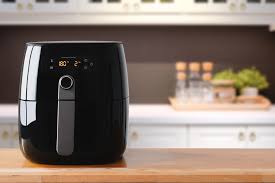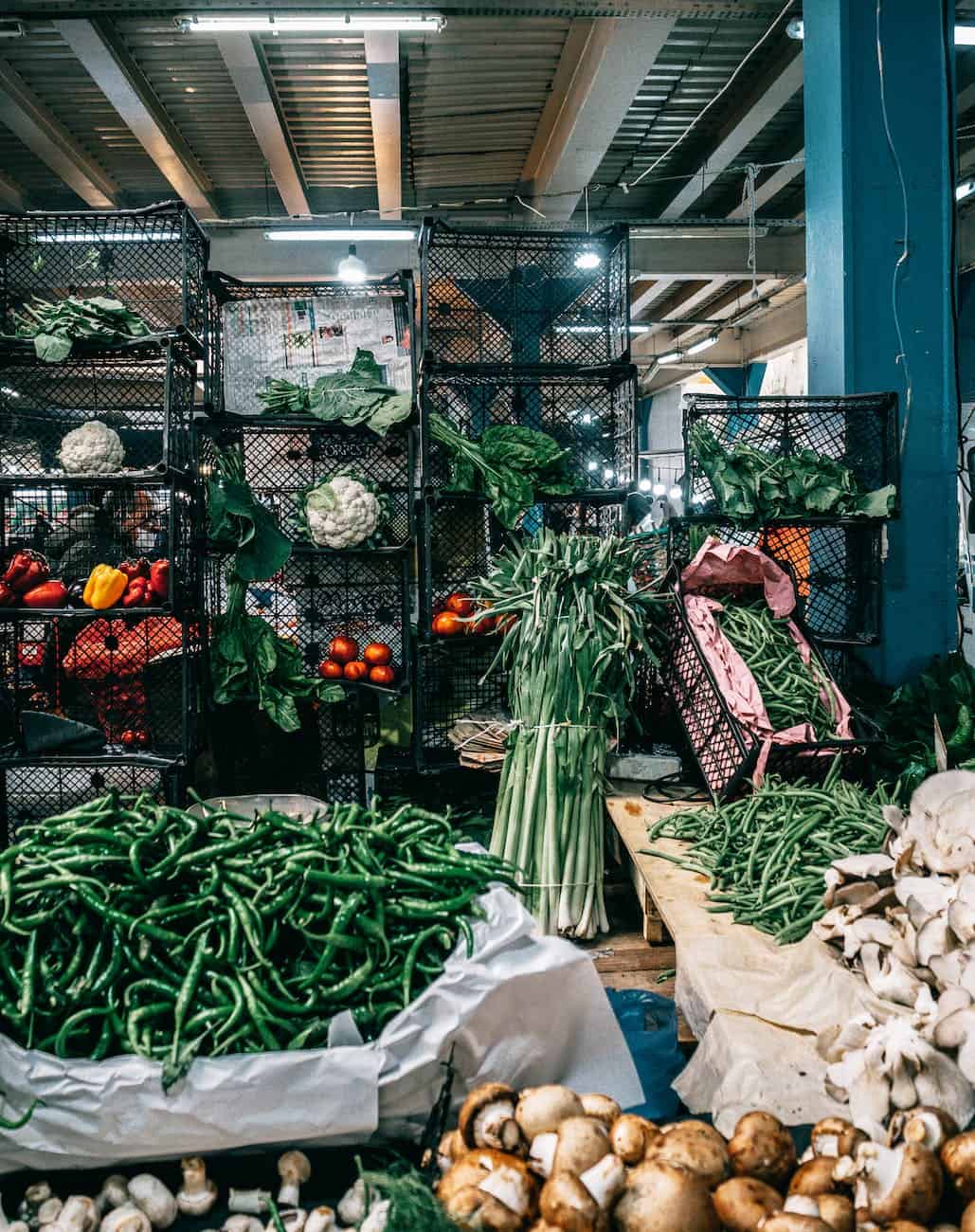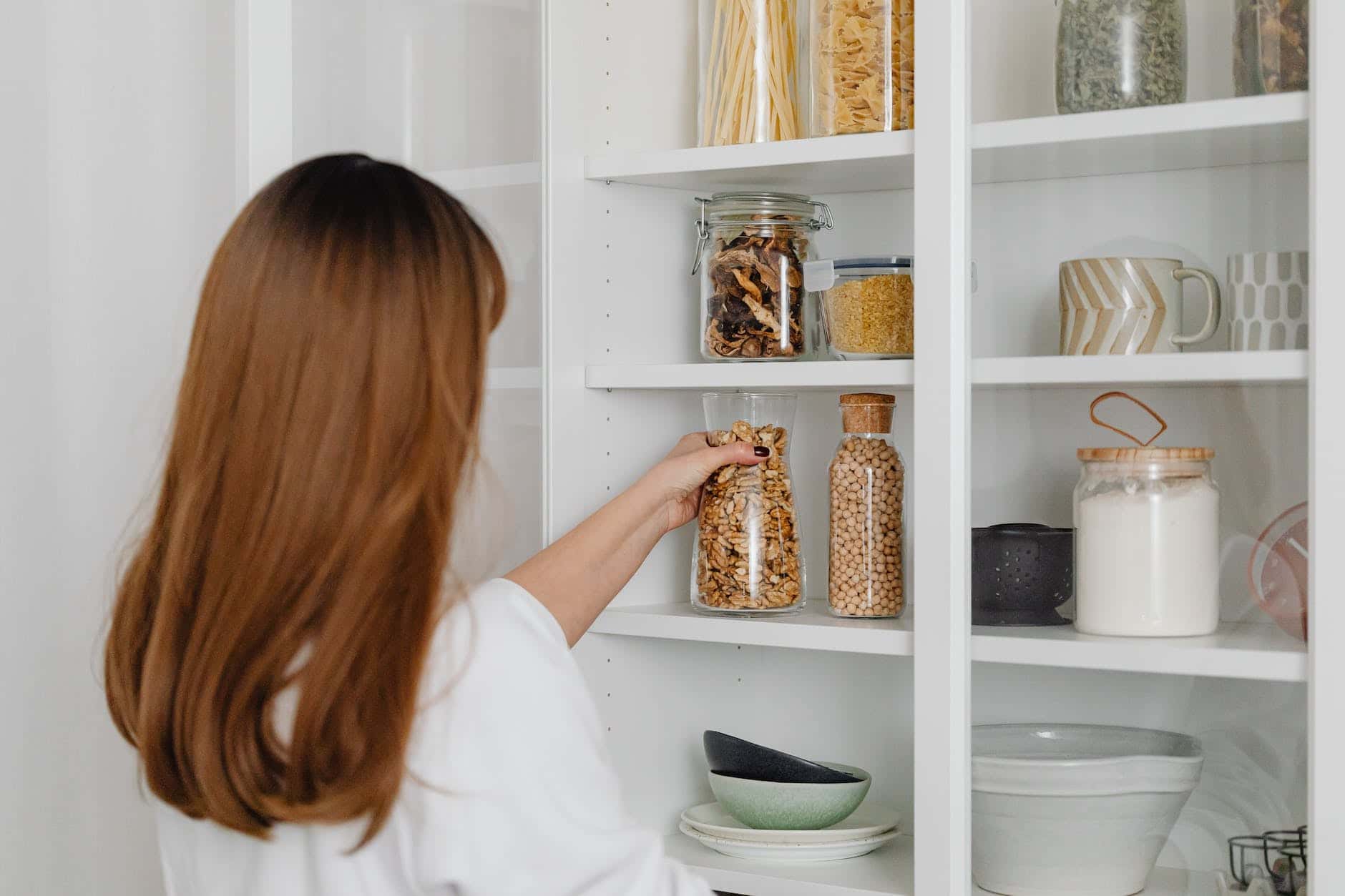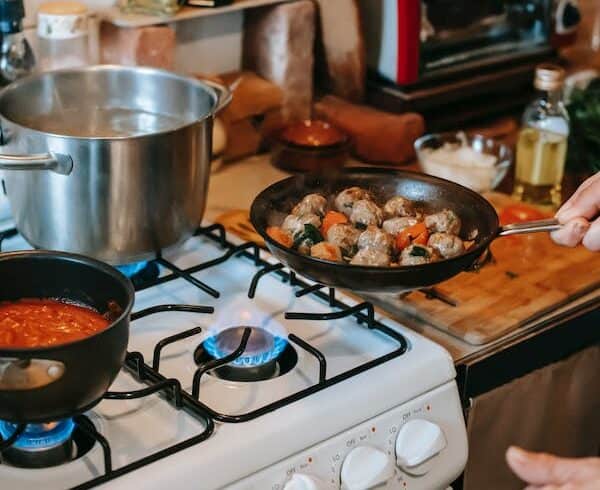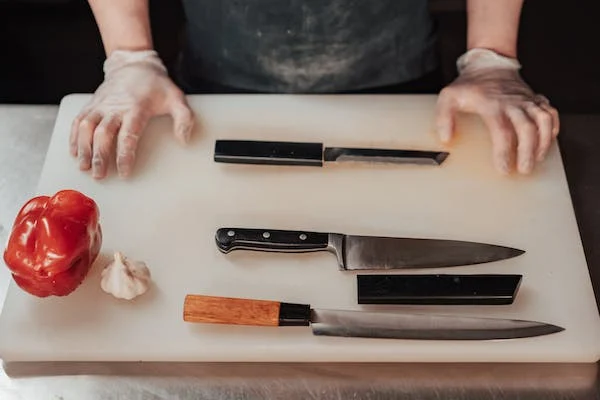10 Tips for Maintaining Food Safety and Hygiene in the Home

Food safety and hygiene at home are not talked about as much as food safety and hygiene in commercial kitchens. The home is an integral part of our lives. It is where we spend most of our time, and where we eat the most food. It is important to keep the kitchen clean always and to have a hygiene procedure in our homes to keep every member of the home in good health.
Here are 10 tips for maintaining food safety and hygiene in the home.

10 Tips for Maintaining Food Safety and Hygiene in the Home
1- Always have water handy for cleaning and washing

A common chore in the kitchen at home or anywhere else is washing. This is why you must have a working faucet or tap for running water in your kitchen. You need water to:
- Wash your hands before and after food prep and cooking.
- Wash your food ingredients thoroughly
- Wash your zinc, surfaces, and counter.
- Wash fruits thoroughly before eating or preparing.
2- Clean surfaces with bleach or baking powder
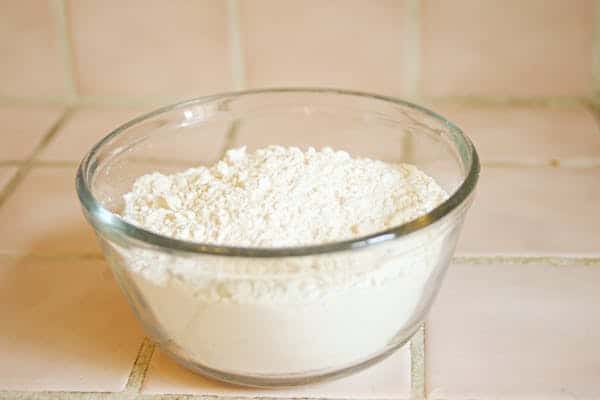
Add a teaspoon of liquid bleach or baking powder to soap and water for cleaner and germ-free surfaces.
Shop
3- Dry surfaces with napkins

Wipe down counters and surfaces with dry, clean clothes after washing to prevent the spread of bacteria.
Shop
Also read: Easiest and Fastest Way to Shred Chicken in 20 Seconds
4- Separate raw foods from cooked foods

We are usually not told these enough when it comes to cooking. Raw foods like eggs, meat, and chicken, can contaminate cooked foods if placed side by side. This is why it is advised to get a color-coded chopping board when cutting food ingredients. If you cut your fruits and vegetables with the same board you use for your meat or chicken, you will end up spreading bacteria on your ready-to-eat meals which can cause food poisoning or other food-borne diseases.
Separate your raw and uncooked meals, clean them well, and put them on fire. Hot temperature kills germs and bacteria. Store cooked meals in separate bowls or seal tightly in an airtight ziplock or container and keep in the fridge/freezer.
Shop
Editor’s Pick: 10 Essential Ingredients to Always Have in Your Kitchen
5- Cook meals thoroughly

Half-cooked steaks seem like a nice meal to enjoy, however, it can be detrimental to your health. Cook your meals thoroughly, especially meats, it is important in getting rid of germs and bacteria in meals. You can get a thermometer for your oven or cooker to ensure your meals are cooked at the right temperature. According to the FDA, here are the temperatures meals should be cooked:
- Beef, Pork, Lamb 145 °F
- Fish 145 °F
- Ground Beef, Pork, Lamb 160 °F
- Turkey, Chicken, Duck 165 °F
Shop
6- Know how to store meals properly
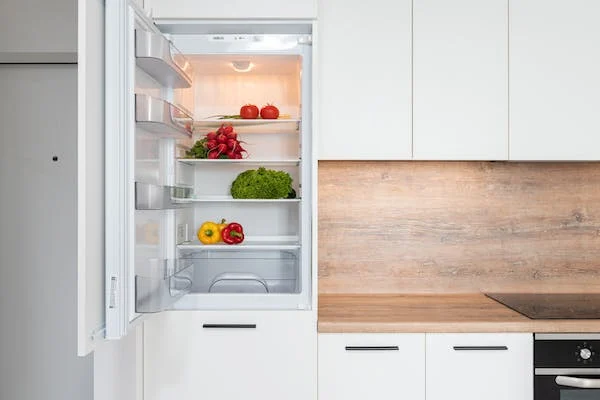
Many people do not know that there are health guidelines for storing meals. You can either store your cooked meals or food ingredients in a cool dry place, a fridge, or a freezer. However, when doing this ensure you store the right meals and ingredients in the right place to prevent cross-contamination or food spoilage. Also, ensure to package each meal and ingredient properly and in proper containers to keep them in good condition.
Shop
Also Read: Guide on How to Choose the Best Cookware Set
7- Have a fire extinguisher in your kitchen
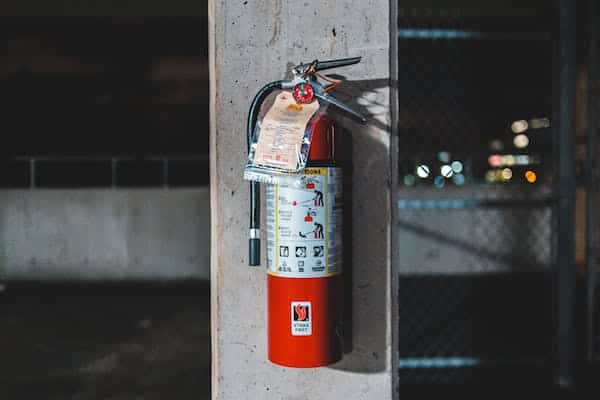
To prevent fire hazards, ensure you have a fire extinguisher in your kitchen at all times.
8- Clean dirt as soon as possible

When you make a spill, ensure you wipe it immediately to prevent slipping and falling, and also to avoid bacteria from spills. You should also wash your dishes immediately after you use them to prevent stains from sticking on them and to avoid the spread of bacteria from dishes to food.
9- Soak sponges, napkins, and kitchen rags in hot water once a week

Your sponge, napkin, kitchen clothes, and rags are usually filled with bacteria because you wipe dirt with them all day. To protect your meals from contamination, soak them in hot water at least once every week. And wash thoroughly with soap. Leave to dry before using.
10- Clean Kitchen surroundings and deep clean once a month

The kitchen surrounding are as important as the surfaces. Clean kitchen floors, walls, windows, and vents every day and deep clean at least once a month. Deep cleaning involves cleaning every part of your kitchen and food store that you don’t get to clean every day. This process helps to clear out the dirty areas you might have overlooked in your kitchen. It also helps you to fish out the hidden corners roaches and rats tend to stay and lay their eggs so you can evacuate them before they become a menace.
Shop
–
Food safety and hygiene in the home can be achieved if you protect your meals and cook them under healthy conditions like the aforementioned. A healthy meal is a healthy life.


